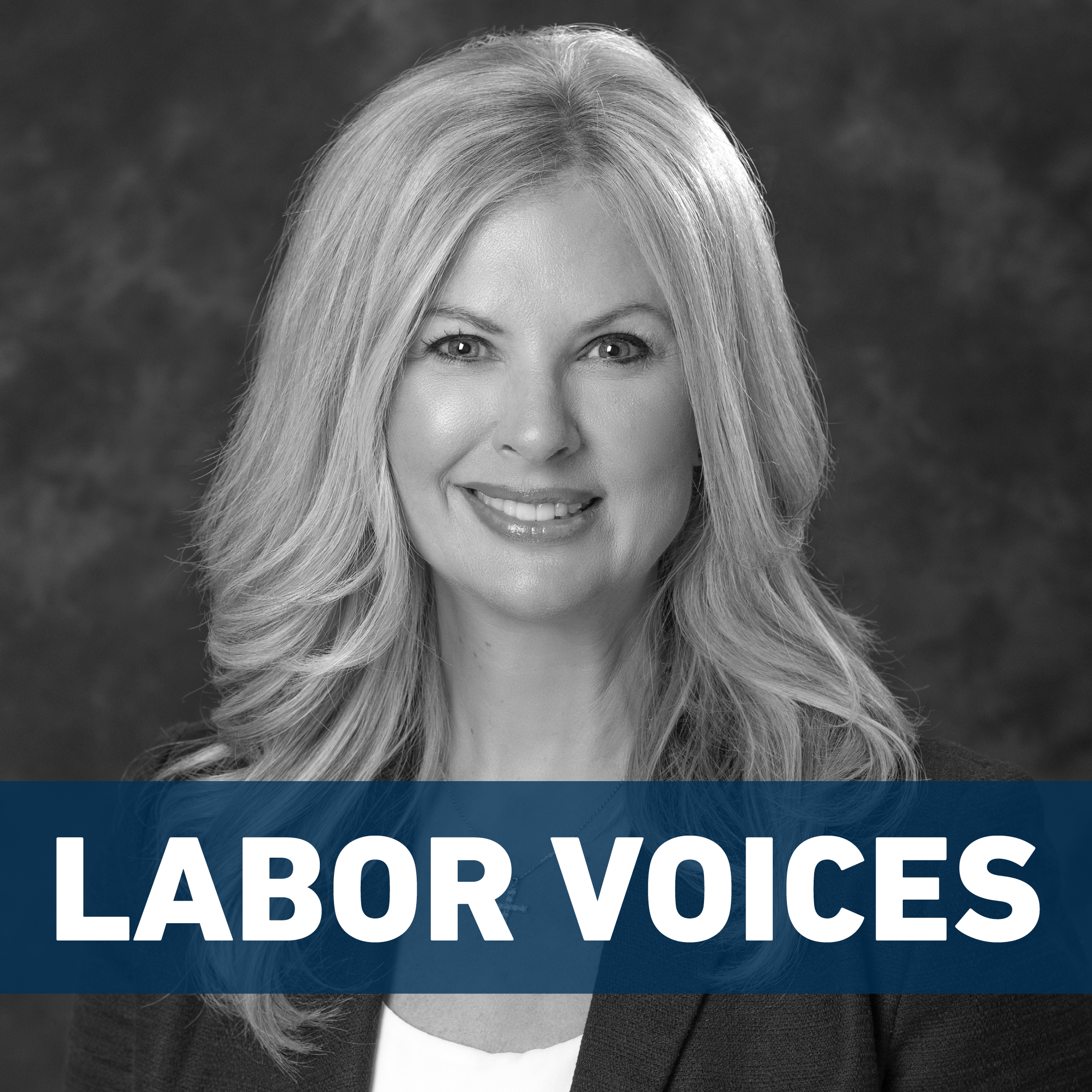Labor Voices: Educators must fight for student equity, social justice
The concept of social justice – and addressing injustice – has always been essential in public education. In the past year, it’s taken on new weight for students, however, as the global pandemic both exposed and exacerbated the injustices faced for decades by many low-income and students of color.
Educators have an obligation to fight for equity for each and every one of our students. We cannot succeed in our shared mission to help students succeed if they are not provided equal opportunity to excel academically.
For example, the “digital divide” has been an injustice faced by many of our students since technology arrived in the classroom. Many students could access devices and high-speed internet prior to and, more importantly, during the pandemic. But too many students, in both urban and rural settings, could not. This created an extra challenge to keep up as the pandemic dragged on, beyond those already there because of socioeconomics and geography.
If we expect all students to continue their education and compete in the marketplace for the jobs of an ever-changing economy, we must solve this problem and provide equal access to the tools needed to succeed.
This is just one example of the inequities faced by groups of Michigan students. Lasting social justice demands that we put the time and resources into success for ALL students, whatever their background, their race, their family income, their community, or their unique learning needs.
That’s why MEA fully supports Gov. Whitmer’s recently released MI Blueprint for Comprehensive Student Recovery, which outlines steps that can be taken to help all students succeed as we emerge from the pandemic. Based on welcomed and heeded advice from frontline educators and developed with equity as a central value, these thoughtful, well-researched, actionable steps can help our students and educators alike.
The Blueprint focuses heavily on a tiered approach, providing greater supports for students in greater need. Providing a range of interventions to meet individual needs must be our main goal, from focusing on learning skills vs. content, to providing additional learning time, to ensuring access to high-quality summer school and before- and after-school programs.
Beyond academics, overall student wellness is a focus for the Blueprint. The pandemic-driven stress, anxiety and depression many students feel knows no economic or color boundaries. Children – and the adults who serve them – are dealing with varied levels of physical, mental and social-emotional difficulties that must be addressed. The Blueprint calls for additional access to school nurses and mental health professionals, while also ensuring school climate and equity issues are addressed.
These aren’t revolutionary ideas. It makes sense that we provide more individual attention and intervention for students who need it most and for professionals to meet those needs. Well-trained, certified educators are experts in determining and meeting the unique needs of students. The presence of high-quality educators is central to student success and we must focus on providing that in every community.
Equally important is for educators to reflect the community of students they teach by diversifying the education profession. Our students deserve to see role models at the front of their classroom who look like them, come from their communities, and understand their experiences. By consciously working to attract and retain more teachers of color, we can help all our students succeed.
Issues of income, race, and gender are part of everyday life for our students – and so they must be part of what we address as educators. Fighting for social justice is all of our jobs, so that our kids have a fair playing field and every opportunity to succeed.
Paula Herbart is president of the Michigan Education Association.
Labor Voices
Labor Voices columns are written on a rotating basis by United Auto Workers President Rory Gamble, Teamsters President James Hoffa and Michigan Education Association President Paula Herbart.
https://www.detroitnews.com/story/opinion/2021/06/09/labor-voices-educators-must-fight-student-equity-social-justice/7593369002/



